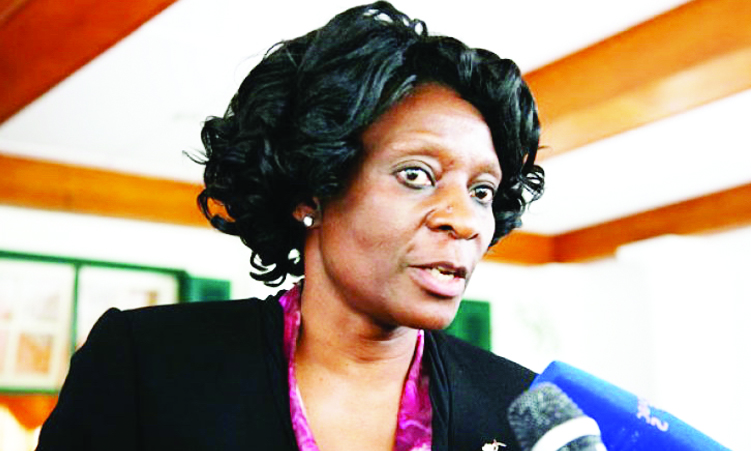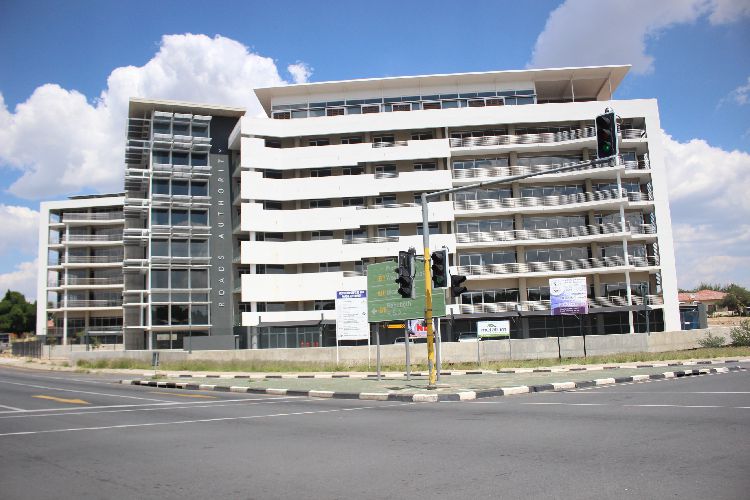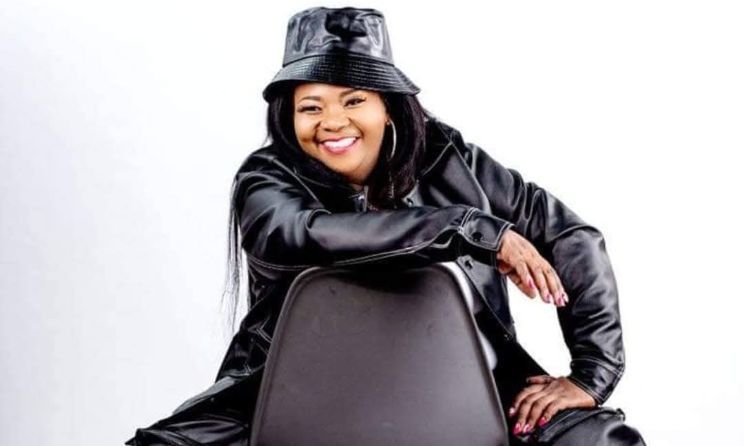THE appointment of Zimbabwean judge Rita Makarau to Namibia’s highest court has raised concerns among local opposition parties over her links to former Zimbabwean president Robert Mugabe’s controversial regime.
The Independent Patriots for Change (IPC), the Popular Democratic Movement (PDM) and the Namibia Economic Freedom Fighters (NEFF) are among the parties speaking out against Makarau’s Supreme Court appointment.
Makarau also faced criticism from the Zimbabwean opposition and civil society because she was partisan and too close to Zimbabwe’s ruling Zanu-PF party.
In 2017, Reuters reported that Makarau was “seen as an ally of 93-year-old former president Mugabe”.
Makarau resigned as chairperson of the Zimbabwe Electoral Commission (ZEC) in December 2017, just a few weeks after Mugabe was ousted in a military coup.
Zimbabwe media has also linked Makarau to the Generation 40 (G40) Zanu-PF faction, which was aligned to Mugabe.
Last Wednesday, Namibia’s Judicial Service Commission (JSC) revealed that president Hage Geingob had appointed Makarau as an acting judge of the Namibian Supreme Court, based on the commission’s recommendations.
She will serve on the bench of the top court from 1 April to the end March next year.
She was appointed alongside High Court judges Esi Schimming-Chase and Hannelie Prinsloo as acting judges of the Supreme Court.
Makarau previously served as a judge of the Constitutional Court of Zimbabwe, as well as the Supreme Court of Zimbabwe and was the judge president of the High Court of Zimbabwe.
IPC president Panduleni Itula on Sunday described Makarau’s appointment as “justice betrayed”.
Itula has first-hand knowledge of the importance of an impartial Supreme Court after approaching the top court in 2019 to overturn the presidential results in which he lost to Geingob.
Itula subsequently lost the Supreme Court case.
He said the ZEC is hardly known for impartiality.
Itula also said it is regrettable that 33 years after independence, the Namibian judicial system continues to rely on foreign judges.
“Does this mean there is a failure in the education of our judges? While the practice of appointing foreign justices has been prevalent for some time, it has also seen the most shocking Supreme Court judgements,” he said.
“Namibia is not a multinational entity to be served by foreign justices with no allegiance to our people and our sacrifices. The government in such an unconstitutional appointment betrayed the will of the Namibian electorate.”
If the IPC assumes the reins of the country, Itula said, he will cancel all “unconstitutional appointments that go against the grain of creating a just society”.
He said article 82 of the Namibian Constitution does not make provision for foreign judges.
PDM leader McHenry Venaani said Makarau’s condescending culture and partisan behaviour during Mugabe’s tenure indicates that she never cared about justice.
Venaani said the PDM would monitor Makarau’s judgment in landmark cases.
“We advise that broader scrutiny be subjected to judges, especially those who are foreign,” Venaani said.
NEFF deputy president Longinus Iipumbu described Makarau’s appointment as highly concerning.
He said Makarau has presided over a gross deterioration of justice as a judge of the Zimbabwean Constitutional Court.
“We must remember that the highest courts in her country have virtually made it impossible to deliver sound judgements in serious matters of electoral rigging and fraud in that country,” Iipumbu said.
During Makarau’s tenure as chairperson of ZEC, elections in the country were marred by violence, murders and intimidation, he said.
This should have informed Geingob and Namibia’s JSC that “Namibia’s justice system will be the worst with her at the helm”, Iipumbu said.
Efforts to get comments from Makarau on Sunday and yesterday were fruitless as her phone was off.
The Namibian also called the Constitutional Court of Zimbabwe yesterday, but calls went unanswered.
However, Zimbabwean political analyst, Gibson Nyikadzino, said the recommendation for Makarau’s appointment indicates that countries can exchange expertise.
“Remember, Makarau is a Constitutional Court judge here in Zimbabwe… there is nothing sinister about this appointment because what is used to measure these appointments is expertise,” Nyikadzino said.
He said Namibia’s deputy chief justice Petrus Damaseb was in Zimbabwe towards the end of last year to see the benchmark of the Zimbabwean process in the integrated court management system.
“What the opposition in Namibia is failing to appreciate is that there is a lack of understanding on the internal processes that are happening in Namibia as opposed to trying to paint negatively the relations that exist between Zimbabwe and Namibia. This is not political. This is legal. This is expertise that is being requested.”
Makarau has also faced criticism from the opposition in Zimbabwe for wearing too many hats, having served as ZEC chairperson, judge of the Supreme Court of Zimbabwe and secretary of the JSC.
Commenting on the matter, the Citizens Coalition for Change (CCC) in 2012 said this flew in the face of good corporate governance.
“This untenable state of affairs flies in the face of well-established principles of good corporate governance meant to avoid conflict of interest, among other things.”
*In the original article we incorrectly attributed some comments to Zimbabwean lawyer advocate Fadzai Mahere. These comments were instead given by Zimbabwean political analyst Gibson Nyikadzino. We unconditionally apologise to Fadzai fo any inconvenience caused.
Stay informed with The Namibian – your source for credible journalism. Get in-depth reporting and opinions for
only N$85 a month. Invest in journalism, invest in democracy –
Subscribe Now!








